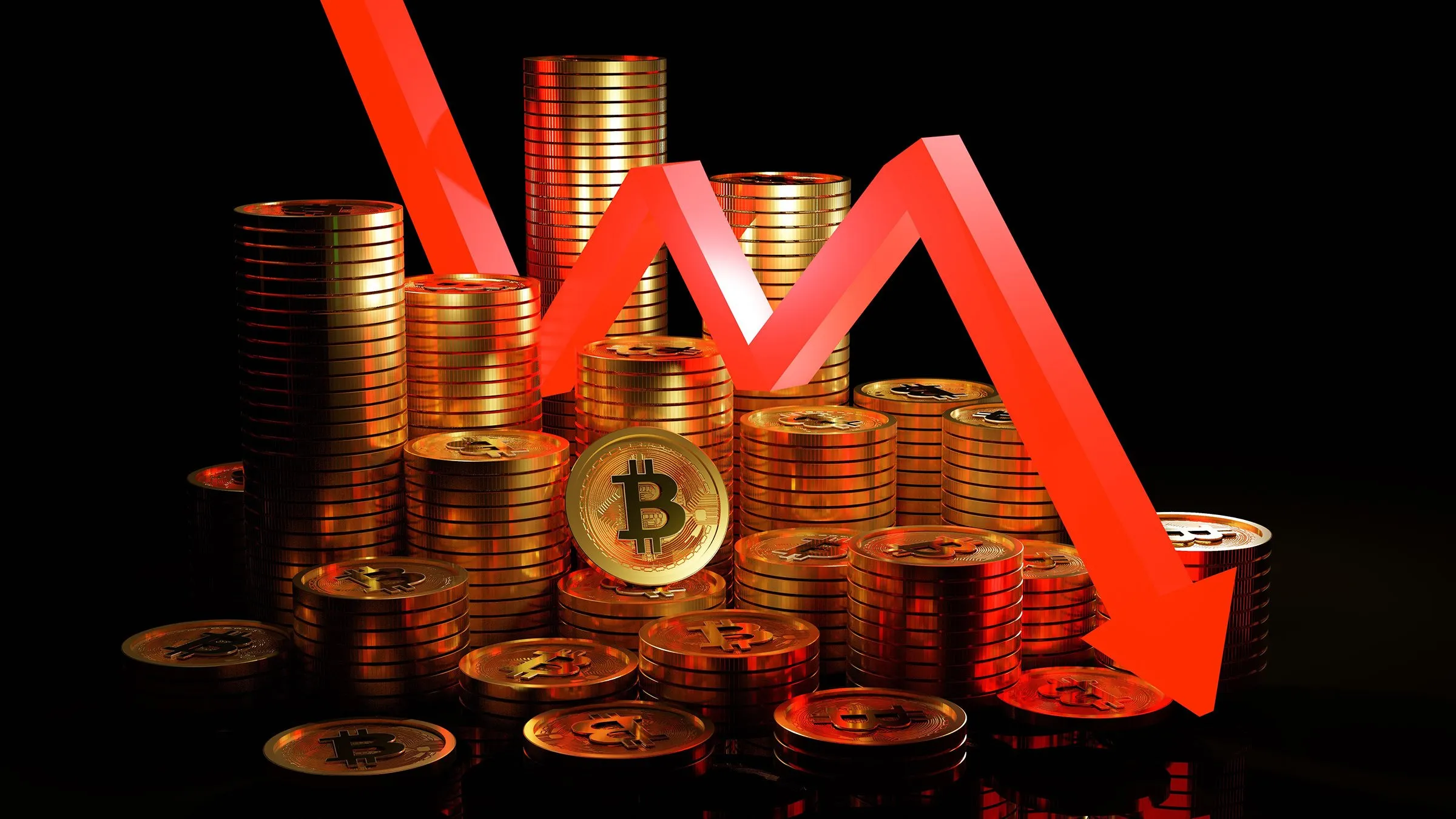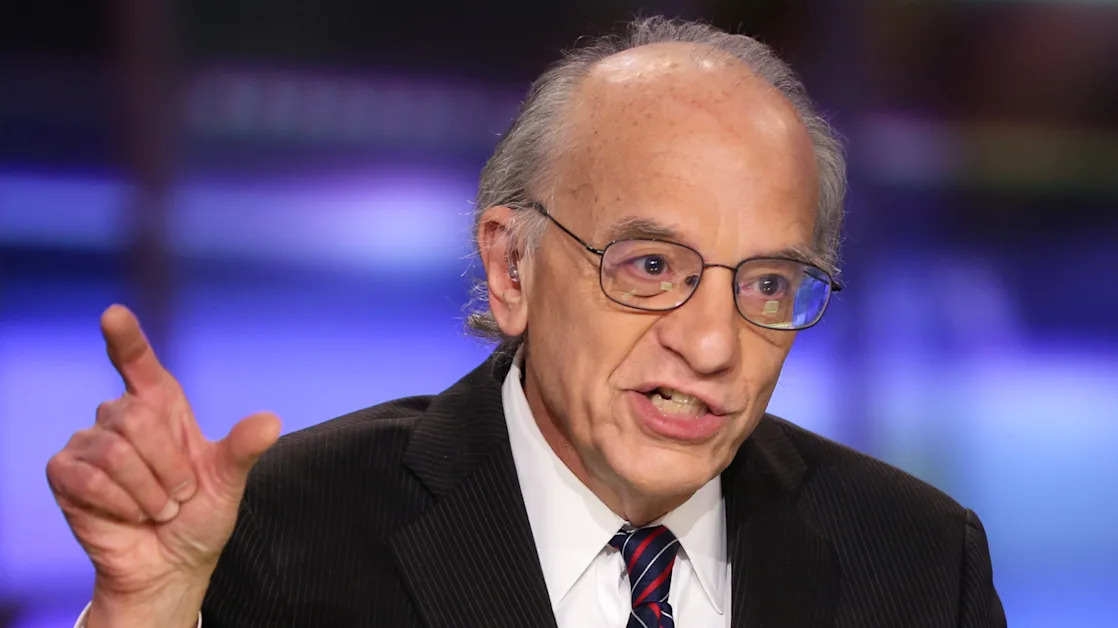(Reuters) - Bangladesh's central bank will raise interest rates to 9% from 8.5% in the coming days in a bid to tame soaring inflation, the bank's governor told the BBC in an interview published early on Thursday.
The move comes after weeks of political unrest in the country fuelled a sharp rise in inflation, touching 11.66% in July, amid an ongoing struggle with shrinking reserves and exports from the mainstay garments industry taking a hit.
Bangladesh Bank's new governor, Ahsan H. Mansur, appointed just a week ago, also said that he would raise interest rates further to 10% or more in the coming months.
Mansur could not be immediately reached for a comment.
He has previously said that while inflation should come down substantially over the next year, bringing down interest rates could take longer.
Mansur was appointed by Bangladesh's interim government led by Nobel-prize winning economist Muhammad Yunus that was sworn in following the ouster of Prime Minister Sheikh Hasina, who fled to India this month after a violent uprising against her.
Mansur also told the BBC that he was in conversation with the International Monetary Fund to "augment" the bailout amount by an additional $3 billion. The IMF had approved a $4.7 billion loan programme with the country in January 2023.
He said the country was seeking an additional $1.5 billion from the World Bank and $1 billion each from the Asian Development Bank and the Japan International Cooperation Agency.
In the year to June 30, the World Bank had total commitments of $2.85 billion to Bangladesh, whose $450 billion economy was the world's fastest growing just years ago.





